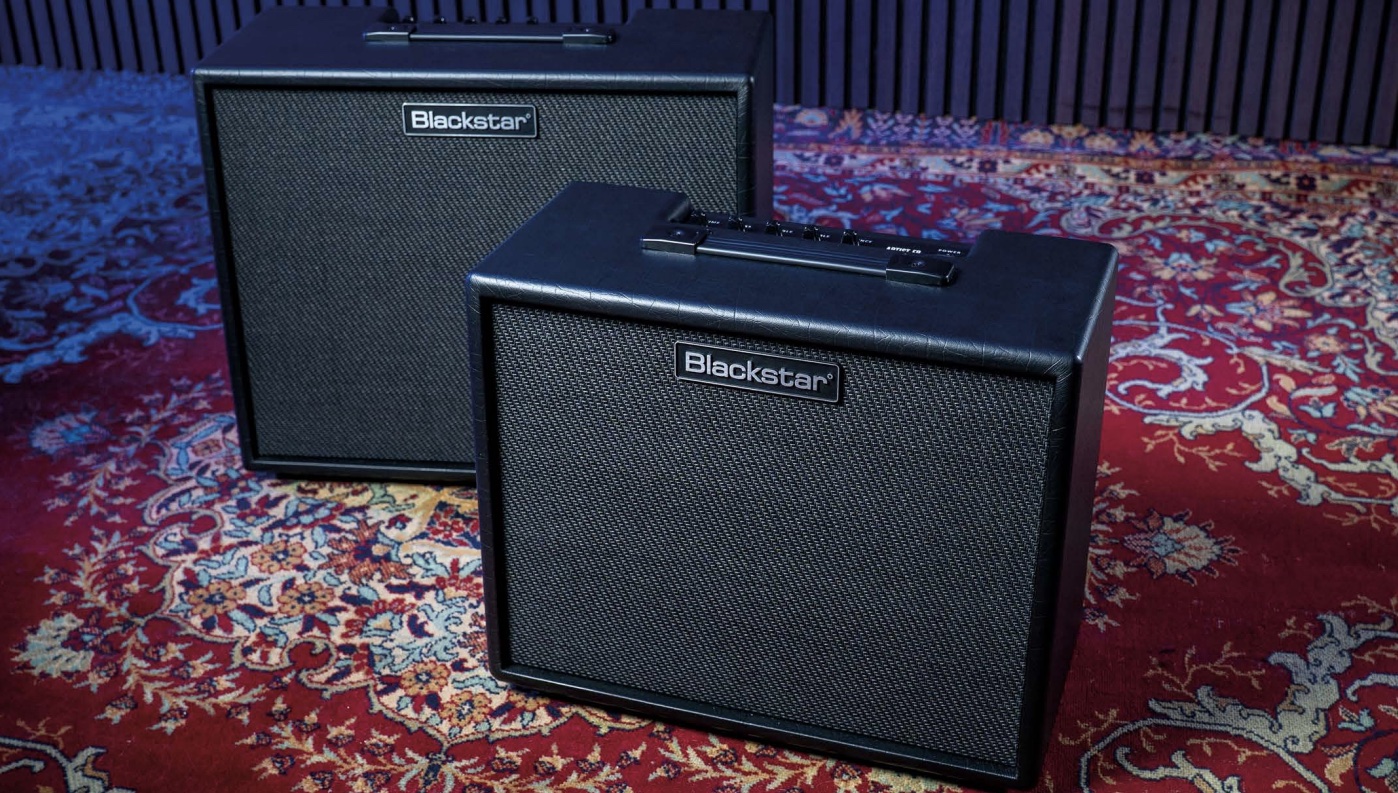“Robert had a plan laid out that we would do three records in three years”: Adrian Belew on how King Crimson made an underrated prog classic in “this industrial musical junkyard we created”

The definitive track from Three of a Perfect Pair, King Crimson’s underrated 10th LP, could be its deepest cut: Dig Me is three minutes of atonal avant-rock chaos interspersed with gleaming New Wave choruses – a combo that crystalizes the prog quartet’s evolved form by 1984.
“I went into the studio one day and said, ‘[This piece] is going to be no set tempo or rhythms – very disconnected,’” says singer-guitarist Adrian Belew, describing an early session in England. “It was our way of combining this industrial approach with an actual song.”
It’s a microcosm of Perfect Pair itself, the summit of what guitarist and Crimson torch-carrier Robert Fripp had mapped out, creatively, as the “incline to 1984.”
“When we started, Robert had a kind of plan laid out that we would do three records in three years,” Belew says, describing the fertile period that also birthed 1981’s Discipline and 1982’s Beat. But this third installment of the ’80s trilogy was more experimental and more melodic, with each sonic mode occupying its own half of a vinyl LP.
Belew says he and Fripp outlined most of the basic frameworks together, playing “quietly with our two electric guitars unplugged.” And even though he’d recently exhausted a mountain of ideas on his first two solo LPs, Belew still managed to polish off Perfect Pair’s more radio-friendly cuts, including the shadowy Sleepless; some of the more untamed tunes, like Larks’ Tongues in Aspic (Part III), remained instrumental.
The final product is essentially two EPs smashed together – a unique bit of sequencing that gives the album its own quirky character.
Belew muses that the hooky Man with an Open Heart, for example, would sound “really out of place” surrounded by “this muscular, crazy, wonderful stuff” from side two – in “this industrial musical junkyard we created.”
All the latest guitar news, interviews, lessons, reviews, deals and more, direct to your inbox!
Still, there were strange sonic secrets lurking within even the catchiness, including Three of a Perfect Pair, which mingles interlocking guitars and complex time signatures with a blues-like three-chord structure and backing vocals that – no joke – were inspired by Motown.
“When I got to the chorus – and I know this is going to sound crazy – I thought I’d write something like the Supremes might have sung,” Belew says with a laugh, recreating the refrain. “But, of course, with it turning out to be in 7, it’s not exactly a Supremes song, is it?”
Ryan Reed is a Knoxville, Tennessee-based writer, editor, musician, record collector, prog junkie, and former college professor. In addition to Guitar World, he's a contributor at SPIN (current title: senior editor), Rolling Stone, TIDAL, Relix, Ultimate Classic Rock, Revolver, and many other outlets. He's also the author of 2018’s Fleetwood Mac FAQ: All That’s Left to Know About the Iconic Rock Survivors.

